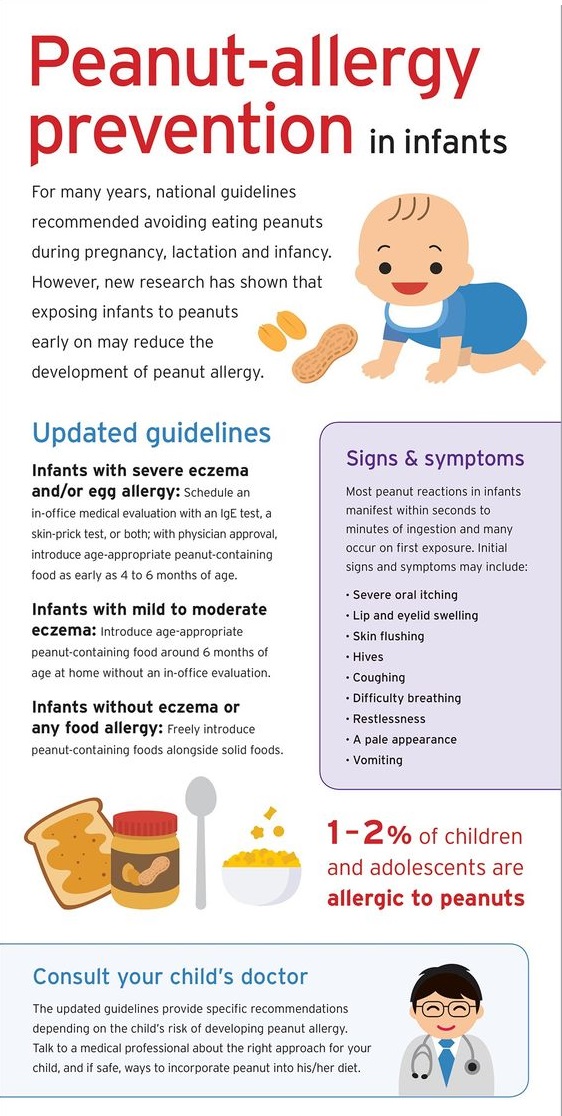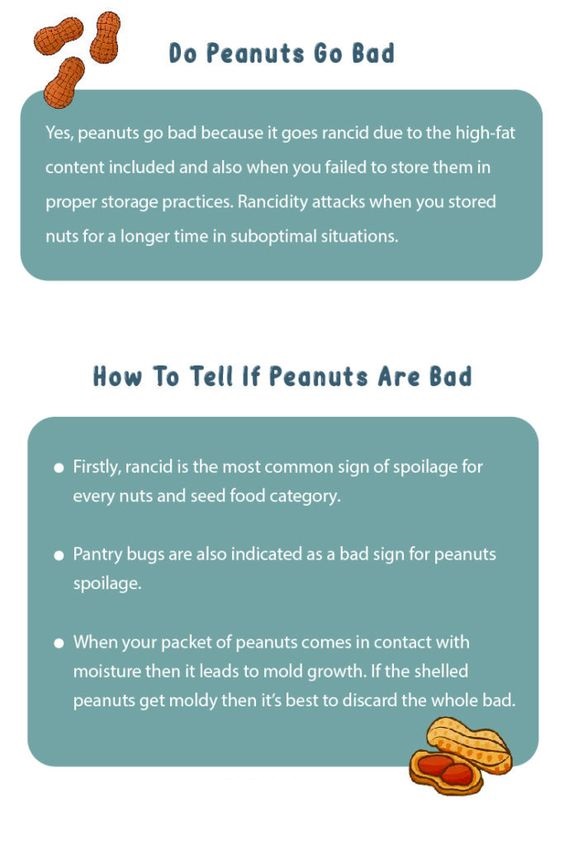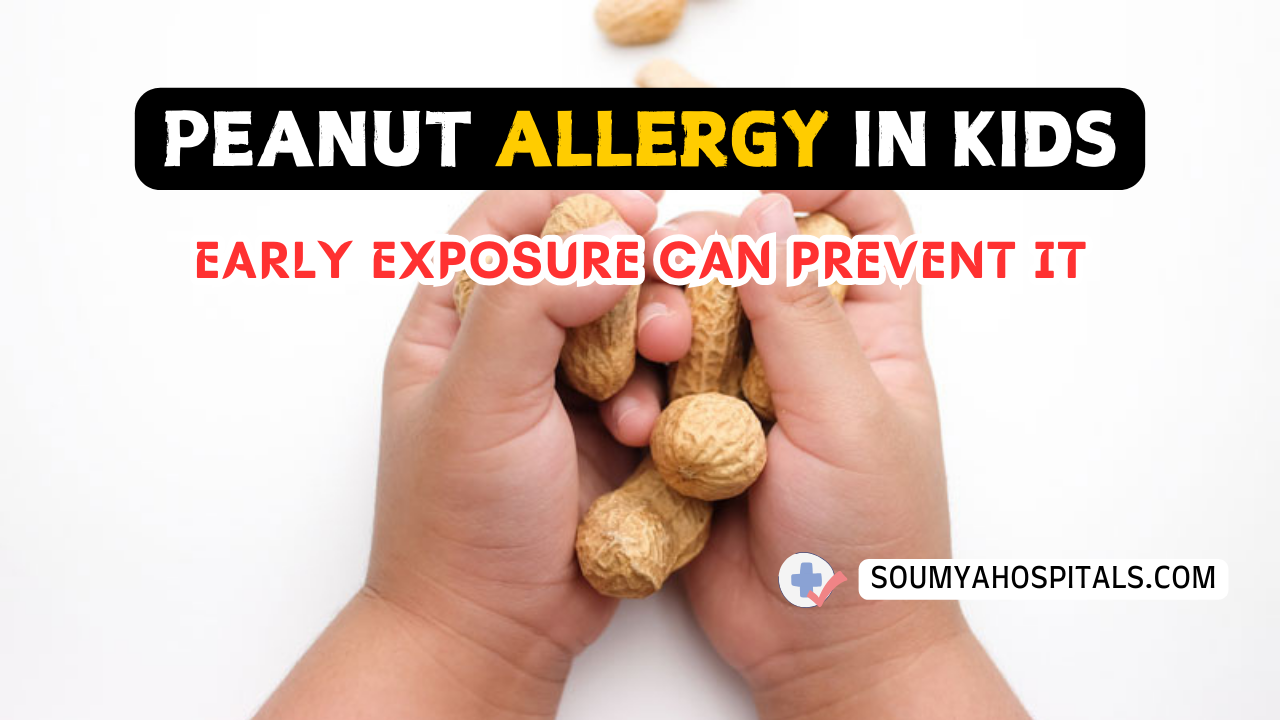Recently pediatricians and dieticians have started to encourage parents to include peanuts in their children’s diet right from infancy. This has created quite an uproar as it’s a stark opposite of the former practice of not giving peanuts until a child turned 3 years of age.
Cases of peanut allergy among kids in the United States are escalating and this has caused a lot of worried parents to find new ways to prevent any chances of an allergic attack. Researchers have been conducting long-term studies among children across various ethnicities worldwide to understand what could make a child immune to peanut allergy. Seems like an early exposure to peanuts could make your child more resilient to an allergic.
Also Check: Side Effects Of Eating Too Many Peanuts
Old Guidelines On Peanut Intake Among Kids
In 2000, the American Academy Of Pediatrics advised all parents to exclude peanuts from their children’s diets for quite a few years. It was recommended that until a child turns 3 years of age, it’s best to avoid common allergen foods like peanuts. However, ten years down the lane, scientific researchers found that the prevalence of peanut allergies among children in the United States rose from 1% to 2% despite following these guidelines.

Latest Guidelines On Peanut Intake Among Kids
The newest set of clinical guidelines that are aimed at preventing peanut allergy was framed by 26 professional organizations, advocacy groups, and federal agencies, including the National Institutes of Health (NIH). It advocates the introduction of peanuts in a child’s diet right from infancy. It has been supported by several evidence-backed studies that were conducted worldwide.
- One study published in 2008 compared the peanut allergy rates of Jewish children in Britain with Israeli Jewish kids. It claimed that Jewish kids in Israel had foods containing peanuts right from infancy and had fewer incidences of peanut allergy. While the Jewish kids in Britain were more prone to peanut allergy as they weren’t exposed to peanuts early on in life.
- Yet another study published in 2016 among children who were at high risk for allergy also revealed groundbreaking results. It was found that children who were introduced to peanuts in small doses, right from the time they were babies, were more likely to overcome their allergy.
Also Check: Symptoms Of Rice Allergy In Children And Adults
Precautions To Take Before Giving Peanuts To Kids

If your baby is a high-risk infant with severe eczema or egg allergy, he could be allergic to peanuts too. It’s best to consult a pediatrician before you start giving him anything with peanuts in it. On the other hands, low-risk infants with no history of allergy can be given peanuts from the time they start weaning. Below are a few tips to keep in mind.
- Wait until your child is able to chew well before you feed him peanuts. Holding off until he turns 6 months of age is the best.
- Start with an extremely small amount of peanut butter on the tip of your finger to analyze how your little one reacts to it.
- Wait for at least 3 days before you feed him peanuts again.
- If your child seems to enjoy peanut butter, include it in purees, smoothies, popsicles, and toppings.
- Never give your infant or toddler whole peanuts of large amounts of peanut butter as it can be a choking hazard.
Many cases of anaphylaxis from peanut allergy have been reported across America. Making dietary modifications like early exposure to peanuts is a great way to help your child become more tolerant to peanuts and stay allergy-free.
